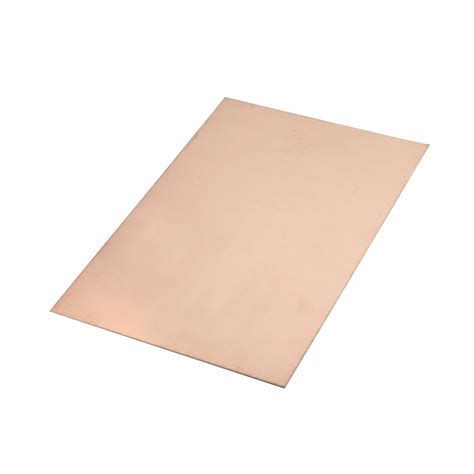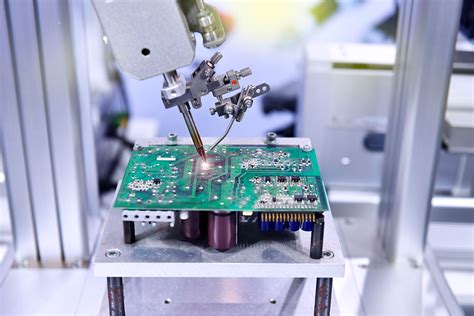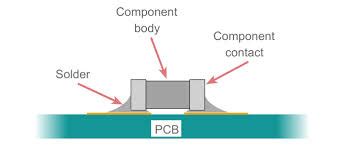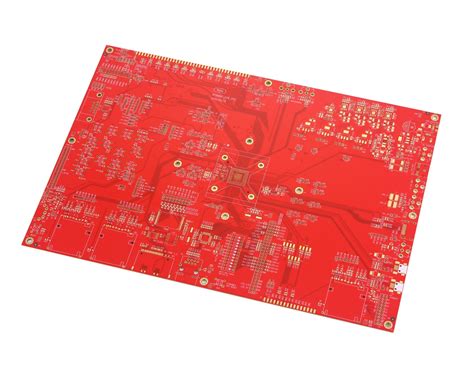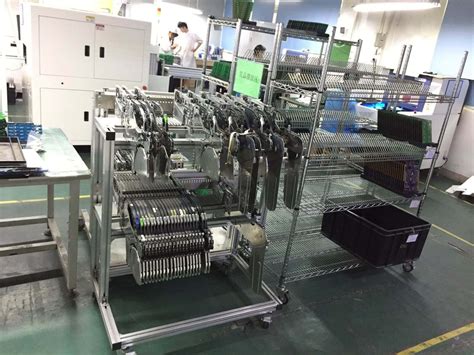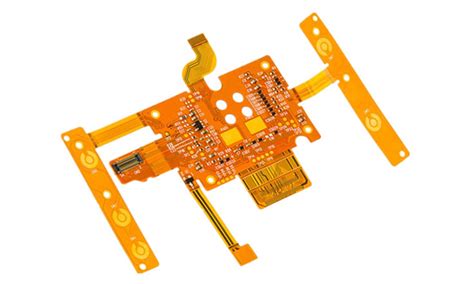Top Insights on Choosing a Copper Clad Board Manufacturer
Key Takeaways
When it comes to selecting a copper clad board manufacturer, there are several critical aspects that can significantly influence the success of your projects, particularly if you are involved in pcb assembly or pcba. First and foremost, understanding the different types of copper clad boards available on the market is essential; each type serves unique applications and requirements. Ensure the manufacturer adheres to recognized quality standards to guarantee that the boards you receive meet your specifications and are suited for high-performance tasks. It’s also invaluable to consider the manufacturer’s reliability. Regular delays or inconsistent quality can disrupt your workflow and impact your project’s timelines negatively.
Moreover, strong customer support should not be underestimated in a manufacturing partnership. It can often make a considerable difference when issues arise or adjustments are needed during production. Responsive and knowledgeable customer service is vital for addressing technical questions related to pcb assembly or pcba. Lastly, while cost is always a consideration, it should not overshadow the importance of quality; finding that sweet spot between cost-effectiveness and adherence to high standards will ensure both short-term satisfaction and long-term success in your projects involving copper clad boards.
Understanding Copper Clad Boards: An Overview
Copper clad boards are integral components in the world of electronics, serving as the foundational building blocks in PCB assembly and PCBA processes. These boards consist of a substrate coated with a thin layer of copper, which provides excellent conductivity, enabling efficient electrical transmission. Understanding the properties and applications of copper clad boards is essential for anyone involved in the design and manufacturing of electronic devices.
Typically, copper clad boards come in various types, including epoxy glass (FR-4) and polyimide options, each suited for different applications based on thermal, mechanical, and electrical requirements. The choice of material can significantly impact the overall performance of the final product. Different thicknesses and copper weights also play critical roles in ensuring that the board meets specific design criteria.
When selecting a manufacturer for copper clad boards, it is crucial to consider the specifications that align with your project’s needs. This involves not only looking at product quality but also factors such as production capabilities, certifications, and adherence to international standards. For instance, boards that meet IPC specifications often ensure a higher reliability level during PCB assembly processes.
| Feature | Epoxy Glass (FR-4) | Polyimide |
|---|---|---|
| Temperature Range | Up to 130 °C | Up to 200 °C |
| Typical Applications | General Electronics | High-Performance |
| Cost | Lower | Higher |
“Investing time into understanding your options will lead to better PCBA outcomes.”
With a clear grasp of what copper clad boards are and how they function within electronic assemblies, stakeholders can make more informed decisions when considering potential manufacturers. This foundation sets the stage for deeper discussions about quality standards and reliability.
Key Factors to Consider When Choosing a Manufacturer
When selecting a copper clad board manufacturer, it’s essential to consider several key factors that can significantly impact the success of your projects, particularly in the realm of pcb assembly. First and foremost, understanding the quality standards upheld by a potential manufacturer is critical. Ensure they have certifications and adhere to recognized industry benchmarks, as this will affect the performance and reliability of your pcba. Reliability is another pivotal aspect; look for manufacturers with a proven track record of consistent delivery and excellent craftsmanship. A strong commitment to customer support can make all the difference in your working relationship; therefore, evaluate their responsiveness and willingness to assist you during the design and production phases. Lastly, consider how well they align with your specific project needs and long-term goals. By carefully assessing these factors, you will make a more informed decision that best suits your requirements.
Evaluating Quality Standards in Copper Clad Board Production
When selecting a copper clad board manufacturer, one of the most critical considerations is evaluating the quality standards upheld in their production process. The quality of copper clad boards is paramount, as it directly impacts the performance and reliability of the final product, particularly in pcb assembly applications. Manufacturers should adhere to internationally recognized standards, which encompass the materials used, production techniques, and testing protocols. Look for certifications such as ISO or IPC that demonstrate a commitment to quality assurance.
Moreover, understanding the specifications related to laminate thickness, copper weight, and dielectric materials can provide deeper insights into their manufacturing processes. The reliability of these boards is essential for industries that utilize them in high-performance environments. Prioritize manufacturers that offer transparency regarding their quality control measures and provide detailed documentation on their testing results. Ultimately, making an informed decision hinges on thoroughly assessing these quality standards, ensuring that your projects utilizing pcba technology meet all required benchmarks for functionality and durability.
The Importance of Reliability in Manufacturing Partnerships
In the world of pcb assembly, forming a reliable partnership with a copper clad board manufacturer is crucial for the success of any project. Reliability in this context refers to the consistency and dependability of the manufacturer in delivering high-quality pcba products on time and within budget. A trustworthy manufacturer not only meets strict quality standards but also demonstrates an understanding of your specific project needs and timeline. The ability to communicate openly about challenges, timelines, and production capabilities fosters a collaborative atmosphere that leads to better project outcomes. Furthermore, selecting a manufacturer with a proven track record can provide peace of mind that they will keep their commitments, ensuring that your production schedules remain intact and your supply chain remains seamless. Therefore, when evaluating potential partners, it is essential to prioritize those who have established a reputation for reliability—this directly impacts not only the initial phases of project development but also long-term operational efficiency.
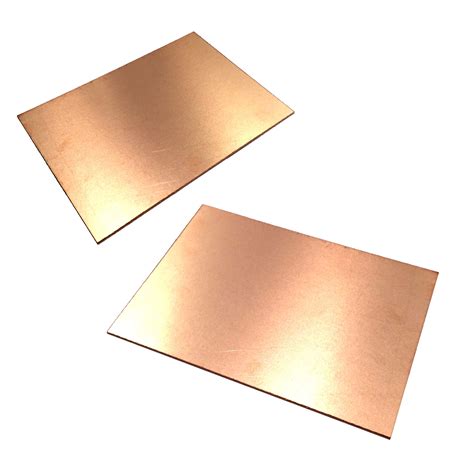
Customer Support: A Crucial Element in Your Decision-Making
When selecting a copper clad board manufacturer, the importance of robust customer support cannot be overstated. A manufacturer that prioritizes communication and assistance will not only facilitate smoother collaboration but also foster trust over the course of your project. Potential issues may arise during the pcb assembly process or while integrating the pcba into your designs, and having a responsive support team can significantly mitigate these challenges. Look for manufacturers that offer multiple channels of communication, such as phone, email, and live chat, ensuring that you can reach them easily when needed. Moreover, understanding their willingness to provide tailored solutions or technical guidance will give you insight into their commitment to customer satisfaction. After all, a reliable support system can enhance your overall experience and assist in achieving superior quality results with your copper clad boards, ultimately contributing to the success of your projects.
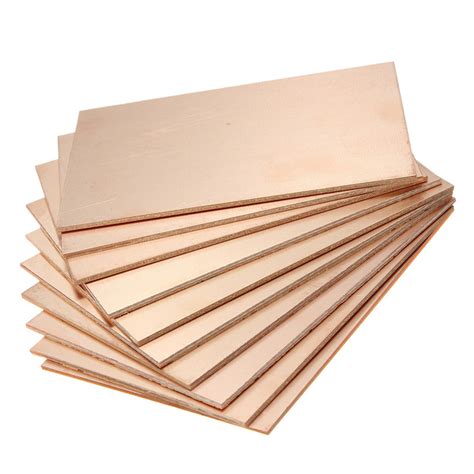
Comparing Manufacturers: What to Look For
When it comes to selecting a copper clad board manufacturer, it’s essential to conduct a thorough comparison of potential suppliers. Pay attention to the technical capabilities of each manufacturer, as this can greatly impact the quality of your final product. Do they have state-of-the-art equipment for pcb assembly? Investigate whether they can handle the complexities of various pcba requirements, as this is often crucial for the success of your electronic projects. Additionally, assess their production processes for adherence to industry standards; quality certifications such as ISO can provide assurance that their products meet stringent specifications. Another key factor to consider is their previous track record for on-time delivery and managing orders effectively—a reliable manufacturer can significantly reduce project delays. Moreover, evaluate how they handle communication and customer support; a responsive supplier that prioritizes client needs often leads to a smoother collaboration experience. By closely examining these factors, you can make a more informed choice that aligns with your project expectations and requirements.
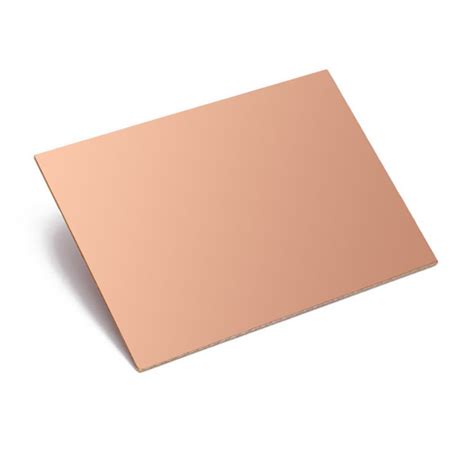
Cost vs Quality: Finding the Right Balance for Your Project
When embarking on a project that requires copper clad boards, one of the most critical decisions you will face is balancing cost with quality. The temptation to opt for the lowest-priced options can be significant, especially when budgets are tight. However, it’s essential to consider that pcb assembly and pcba processes demand materials that meet certain performance standards. Choosing a manufacturer who prioritizes quality can yield better long-term benefits, such as durability and functionality, in contrast to cheaper alternatives that might compromise on essential specifications. While initial costs are important, thorough evaluation of reliability and manufacturing standards should be at the forefront of your decision-making process. Make sure any manufacturer you consider has a track record of producing materials that meet industry demands without cutting corners. Remember, a slightly higher investment in quality materials can often translate into significant savings over time by reducing reworks or failures during production. As you assess various manufacturers, keep in mind that finding this balance can greatly influence the success and efficiency of your overall project.
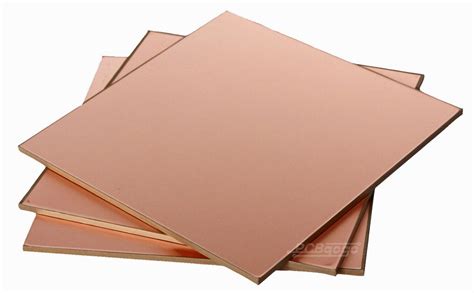
Future Trends in Copper Clad Board Manufacturing
As the demand for copper clad boards continues to grow in various industries, it is crucial to understand the future trends shaping their manufacturing. One significant trend is the increasing emphasis on sustainability and environmentally-friendly production processes. Manufacturers are adopting greener practices, utilizing recyclable materials, and minimizing waste to meet regulations and consumer expectations. In addition to sustainability, advancements in technology are leading to more sophisticated pcb assembly techniques. This includes the integration of automated systems and AI-driven analytics in production lines, which enhance efficiency and precision in pcba processes.
Furthermore, there is a rising demand for high-frequency applications, propelling manufacturers to innovate with materials that provide better performance at higher frequencies. This evolution highlights the necessity for manufacturers to stay current with technological advancements to remain competitive. Customization has also become a significant factor; companies are increasingly seeking tailored solutions that fit their specific needs. As the market evolves, choosing a manufacturer who is aligned with these trends will be essential for ensuring quality and performance in the end products. Thus, staying informed about these developments can profoundly impact your decision-making when selecting a copper clad board manufacturer.
Conclusion
In conclusion, selecting the right copper clad board manufacturer plays a pivotal role in ensuring the success of your PCB assembly projects. By focusing on the factors discussed throughout this article, such as quality standards and the importance of reliability in manufacturing partnerships, you can make an informed decision. Remember that customer support should not be overlooked; having a responsive manufacturer can greatly enhance your overall experience and lead to timely project completions. As you navigate through various options, keep in mind that a careful balance between cost and quality is crucial. Investing time in researching and comparing manufacturers will ultimately benefit your PCBA goals. As the industry evolves, staying aware of future trends will also provide insights into selecting a manufacturer that can meet not only your current needs but also adapt to future developments in technology.
FAQs
What are the essential factors to consider when selecting a copper clad board manufacturer?
When choosing a copper clad board manufacturer, it’s crucial to evaluate their quality, reliability, and customer support. Additionally, consider their ability to meet your specific requirements for pcb assembly, as these elements will directly impact the success of your projects.
How can I assess the quality of the copper clad boards produced by a manufacturer?
Look for manufacturers that adhere to recognized quality standards in their production processes. Certifications and customer testimonials can serve as reliable indicators. Always request sample products to evaluate if they meet your expectations for pcba applications.
Why is reliability important in a manufacturing partnership?
Reliability ensures consistent product availability and timely delivery, which are vital for keeping your projects on schedule. Selecting a manufacturer with a strong track record in delivery performance helps mitigate risks associated with production delays.
What role does customer support play in my decision-making process?
Strong customer support is essential for addressing any concerns that may arise during production or after delivery. A manufacturer that prioritizes customer service can greatly enhance the overall experience while allowing for better communication and collaboration on pcb assembly needs.
How do I find the right balance between cost and quality?
It’s important to analyze pricing in relation to quality. While cheaper options may seem attractive initially, they can lead to higher costs down the line if quality issues arise. Finding a reputable manufacturer that offers competitive pricing without compromising on quality is essential.

